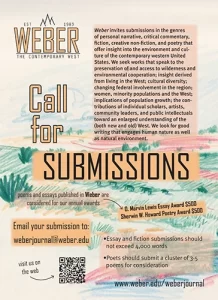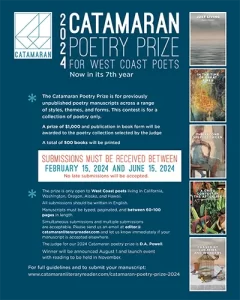Measure – 2007
Volume 2
2007
Annual
Rachel King
In these days when literary journals have mainly free verse poetry, Measure: An Annual Review of Formal Poetry is a refreshing contrast. This second issue contains over two hundred pages of formal poems, from Catullus and Horace to Seamus Heaney and Richard Wilbur, as well as many lesser-known poets.
In these days when literary journals have mainly free verse poetry, Measure: An Annual Review of Formal Poetry is a refreshing contrast. This second issue contains over two hundred pages of formal poems, from Catullus and Horace to Seamus Heaney and Richard Wilbur, as well as many lesser-known poets.
The issue opens with poems by and an interview with Fredrick Turner. Of special interest in the interview is the discussion of a “three-second cycle in which [humans] hear and understand language.” Turner is interested in how this three-second span relates to poetry, how poetic variation in rhythm and meter play off this innate human thought cycle.
A few favorites: Jennifer Reeser’s playful “If We’re To Make This Work” and “Variations on a Fantasy,” the latter which begins: “Your mistress died on Monday night, / after she’d sent me postcards signed / with red ink, using our last name. / She chocked on chocolates. Such a shame”; Elizabeth Hadaway’s three poems, including one about the proper pronunciation of Appalachia; and J.D. Smith’s simple sonnet about the complex memories and emotions which accompany grief: “He seldom cried. He used to point at birds. / And now he will be missed beyond all words.”
Tucked between these poems is Miller Williams’s short essay, “The Revolution that Gave us Poetry Never Happened.” His argument – which also happens to be his title – traces famous poems from the modern period back to Chaucer, Spenser, and Shakespeare, contending that poems have always had extremely irregular – “free verse” – forms and “modern” themes. Although I don’t agree with everything he says, I do agree with one of his implicit messages: students of poetry could benefit from looking at the cannon as a whole instead of breaking it up into stringent periods.
Only one suggestion: since there are so many poems, the editor could help the reader by arranging them topically, thematically, or by author. On the website, they do acknowledge their submissions exceed their journal size, and Measure plans to be biannual instead of annual in the upcoming year.
So, who says formal poetry is dead?
[measure.evansville.edu/]




